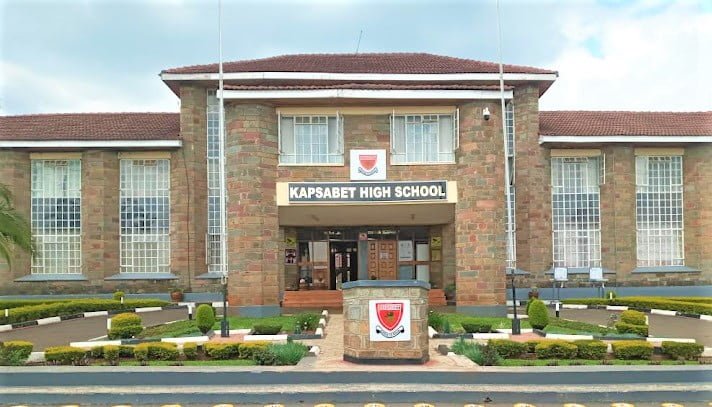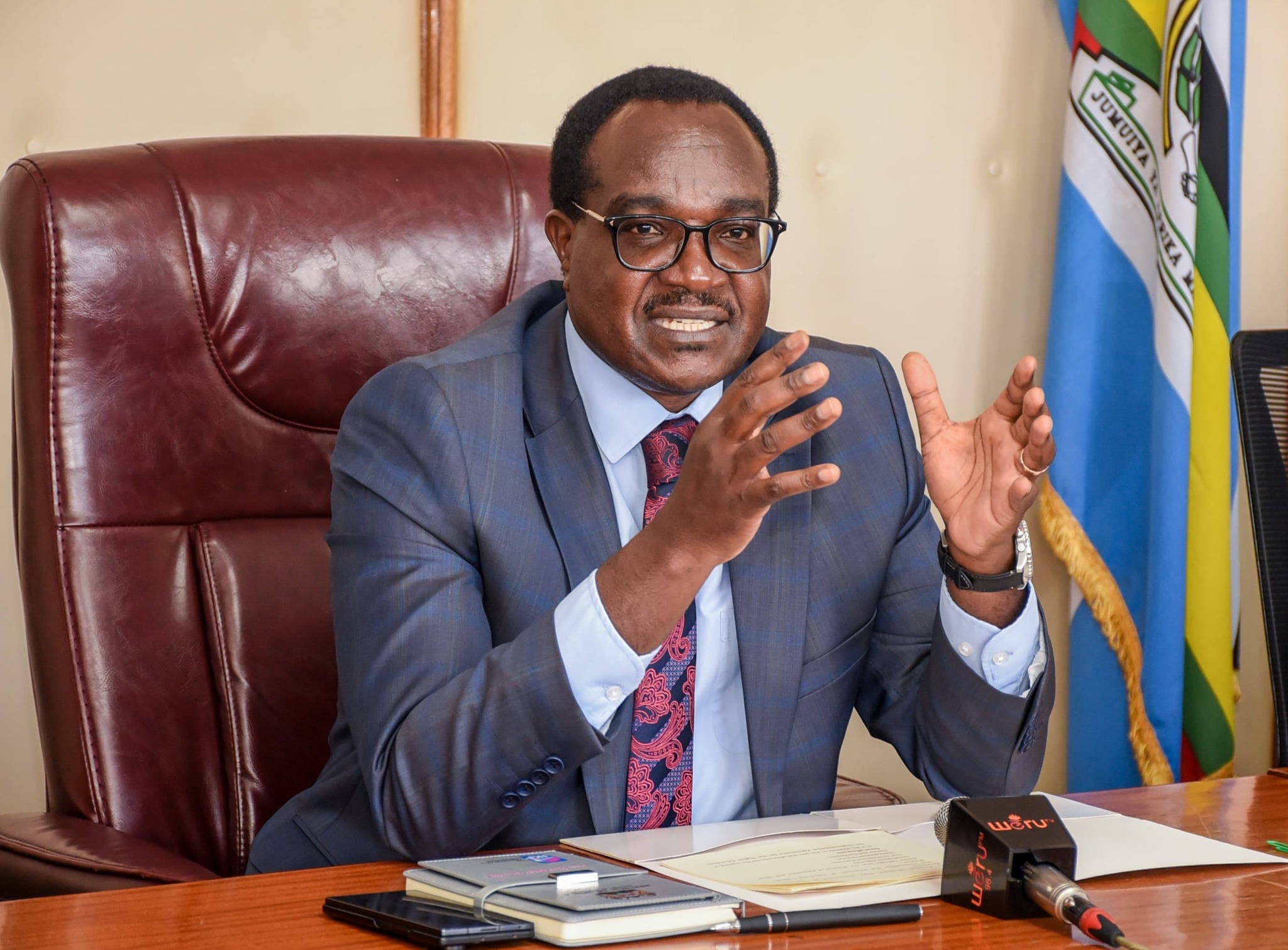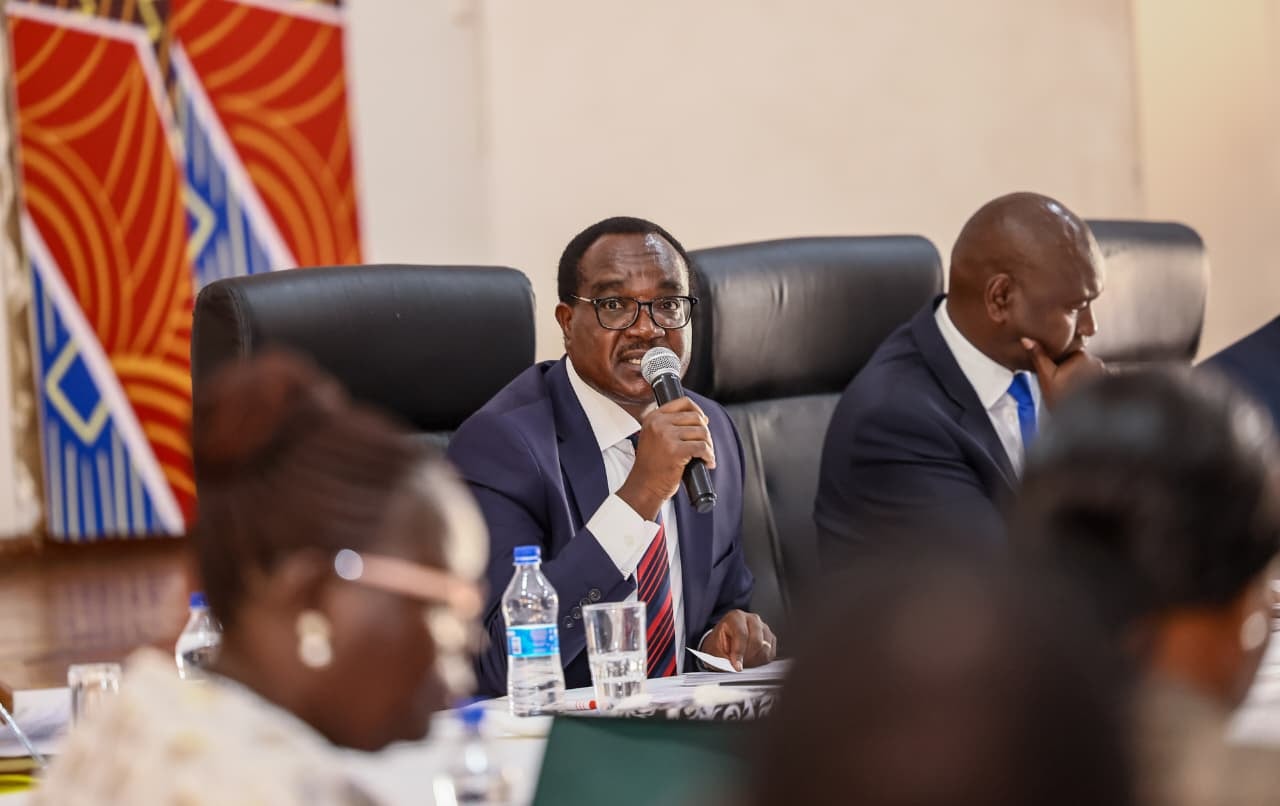By Erick Nyayiera
The Ministry of Education has embarked on the review and harmonization of the National Adult and Continuing Education policy (2010) and the Alternative Provision of Basic Education and Training Policy (2009) in a bid to revitalize the education sector as it seeks to increase literacy levels in the country.
Speaking when he recently presided over the national celebrations to mark the International Literacy day held in Mandera County themed ‘Transforming Literacy Learning Spaces’, Cabinet Secretary Prof. George Magoha noted that the review of the education policies would create room for improvements in the sector.
He noted that the review of the National Adult and Continuing Education policy (2009) and the other policies would guide and help the nation to rethink the nature and scope of literacy learning in the 21st century and the learning opportunities available in the country’s social and economic set-up to leverage on literacy and lifelong learning.
Additionally, the Ministry of Education embarked on the process of repealing the Basic Education Act (2013) as part of the education reform agenda.
“With an expanded definition of literacy, it is evident that learning occurs beyond traditional ‘school-learning classrooms’ with spaces such as the work place, community, family, library and digital learning spaces which therefore makes it necessary for the Ministry to consider reviewing and harmonizing the existing policies,” stated Prof. Magoha.
The review and the harmonization of the existing policies according to Magoha will ensure no one is left behind since it will seek to enrich and transform the existing learning spaces with a learner- centered approach that enables learning in the perspective of lifelong learning.
“You are aware we have just emerged from the serious and disruptive threat posed by the Covid-19 pandemic and we are not out of the woods yet. However, lessons and experiences learned from this threat indicate the pivotal role new knowledge, skills and mindsets can play in such situations. It is therefore clear to us that the only guard we have as a country is to embrace lifelong and life-wide learning in all spaces of learning,” noted the Education CS.
Following the lessons learnt from the challenges, the CS also issued instructions to the Kenya Institute of Curriculum Development (KICD) to focus on designing teaching and learning materials that can be delivered both remotely and in traditional face-to-face approach.
“In this regard, the Ministry is working closely with the Ministry of Information, Communication and Technology to leverage on different forms of technology and the requisite infrastructure to ensure learners are engaged at all times even during times of adversity and other disruptions,” he outlined.
While acknowledging the gains the country continues to make in regards to Adult and Continuing Education, Prof. Magoha observed that there is room for improvement because there are so many potential adult learners in the country.
“Literacy is an important component of any country’s socio-economic development since there is a positive correlation between economic development and literacy levels. Literacy is the foundation upon which other skills are acquired and a literate person exhibits a high degree of confidence and tends to participate more effectively in development matters,” said the CS.
He continued; “Literacy also reduces gender inequality by increasing women’s participation in both household decision making and in community affairs. Literacy is critical for the healthy development and education of children, especially girls. Literate parents raise more literate children and support their children for lifelong learning. In a nutshell, literacy is the fertilizer needed for active participation of citizens in development and democracy.”
“I am glad to report that eleven thousand learners nationally have qualified to be awarded with proficiency certificates in the year 2022. I am also delighted to note that out of this national figure, 302 learners are from Mandera County which currently has a low literacy rate at 30%,” he said.
The CS encouraged partners and local leaders to mobilize more learners to enroll in literacy classes so as to increase literacy levels in the County.






